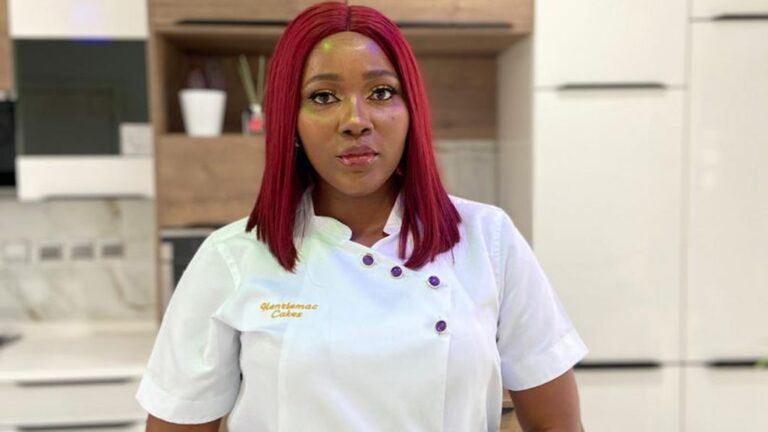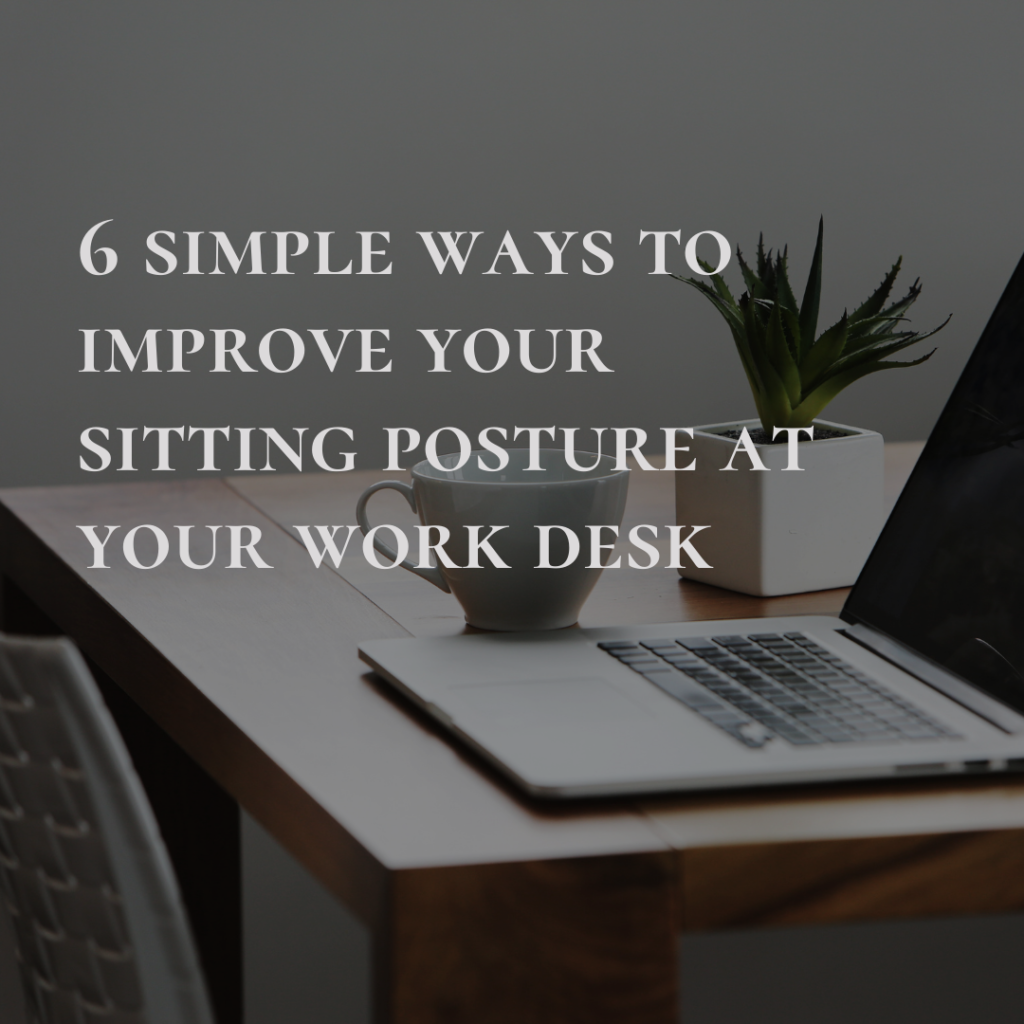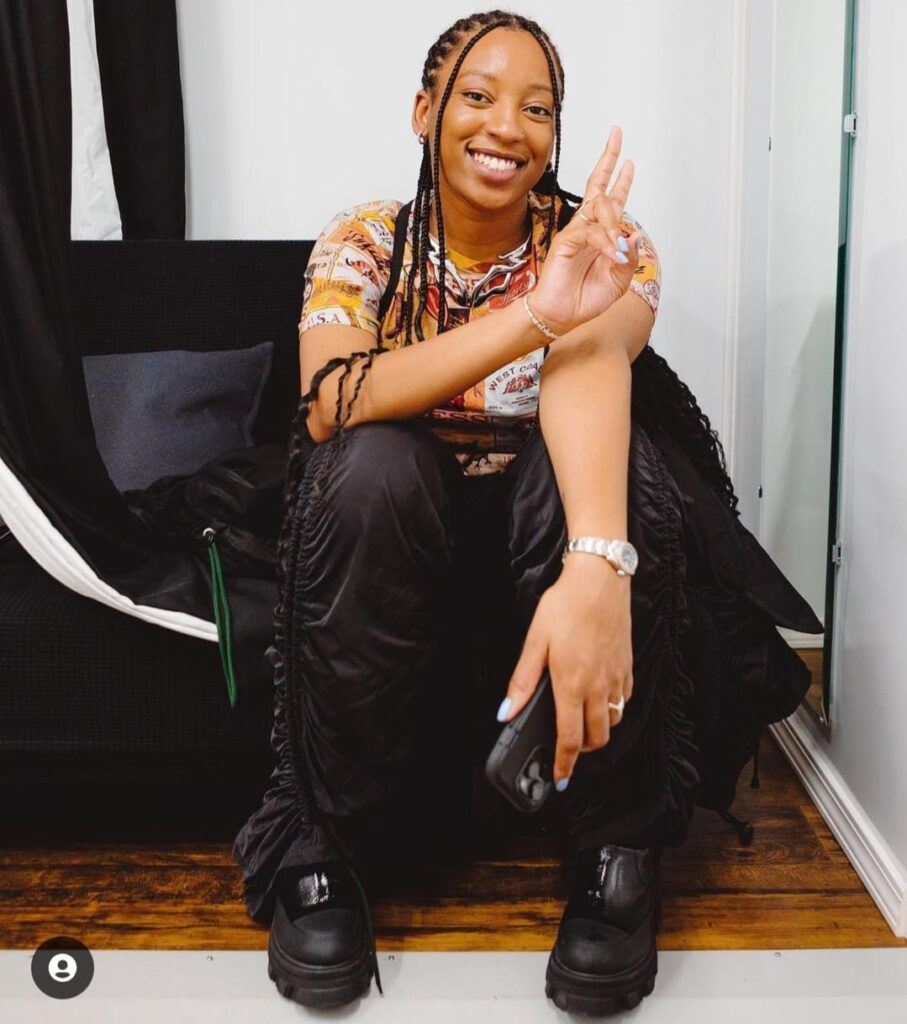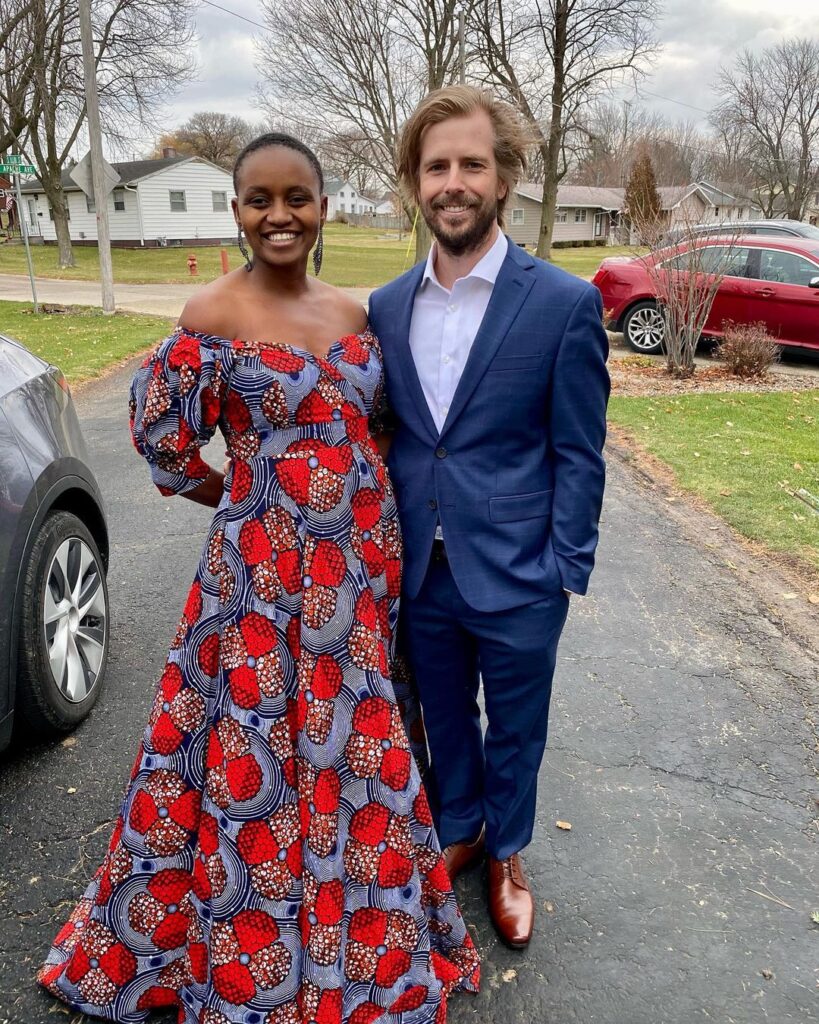Henrietta Ogochukwu Mark is the brain behind Lagos-based Henrimac Cakes. In this interview with TOBI AWODIPE, she shares experience-based ideas on the art of cake making, the opportunities and challenges, how to start and excel at running a cake-making business, thriving during pandemic among other issues.
How would you describe the business of cake making?
TRUTH be told, it is a hectic but fulfilling one because, this is a business that you might have just N1000 in your account one moment and the next moment, someone calls to order a wedding cake worth N150, 000 or more. This is the benefit of having a skill; you will never go hungry. This has happened to me several times, helping me take care of financial responsibilities and more.
Abroad, you have ‘Cake Tasting’, why don’t we offer such services here?
I used to do this before, but it was thoroughly and badly abused by our people and I was compelled to stop. Some people want to come and taste all the cakes in the bakery first before talking about price, whereas in the western world you referred to, there is a paid appointment, which covers the cake tasting, except, of course, you already know what you want then you just have the usual appointment where you discuss what you want for your wedding cake.
They conclude price and go on to choose flavour, it is not even to taste. Do you see the difference?
There are clients here who would insist that they must taste your cake first before they order from you.
They don’t do like that over there; you can’t just walk into someone’s shop and demand to taste her cakes. Of course, if you have made payment into my account and you want to have a taste of my cake, you’re entitled to come and have a taste; I know you mean business then.
Some people, it is after eating that they will now start pricing the cake even after I have wasted precious time and resources on them. I don’t do that but if you have made the payment, there is room for that, it is included in your payment and you can always choose flavours.
What kind of cakes do you enjoy creating more?
In this industry, we have different styles and methods; there are some people that add pastries and cookies to their cake. This is great, but I mostly stick to wedding and birthday cakes; I don’t do cookies and pastries for now. Well, they say, ‘Never say never,’ but for now, I want to focus on cakes and now, I have developed over 15 cake varieties I offer clients.
Are multiple smaller cakes more cost-effective than a single big one?
I think it depends on the client. With the present downturn in the economy and further worsened by COVID-19, with no parties or weddings, I had to improvise and explore other options. Before now, I didn’t do smaller cakes, but now, customers tell me they don’t want big cakes but small ones, so I had to start it. Smaller cakes are not really cost-effective, but I understand we are all trying to balance with the current situation in the world.
How do you source clients in these tough times?
Mostly from referrals, they call me up. Sometimes, they say they attended a party where they ate a cake I made and want me to make one for them. Instagram has also been very helpful in sourcing clients. People also tell me they referred their loved ones and friends to me and I am thankful. In all, it is the grace of God that has been helping me.
What stands you out in this business?
For me, it is not just about designs; it is about the cake inside. But at the same time, if you have seen my work, if it is not neat, then it is not from me. I have someone who sent me a message; she told me she went to a party and the celebrant who is also a mutual friend, had various cakes but she identified my cake out of the several on the table. It felt very good to hear that because a neat cake is my trademark. I believe that the eyes eat first before the mouth and more importantly I want people to eat the cake and come back for more. No matter how small or how big it is, it has to be neat. No matter how beautiful, intricate a design is, if it is not neat, the beauty reduces.
If a simple design is done on a cake, even if you put a small flower there, the beauty pops out. However, it is not all about the design, the taste is also very important. A lot of people these days are more concerned with design rather than the actual taste but no matter how beautiful it is, if the taste is not so great, people will not come back for more.
Are you training other women to take up this skill?
Right now, I don’t, but I have a blog, Cake It With Henrietta, which I started in order to help upcomers. Not all of us are blessed with money or funds and I know what it means to start with nothing. Even when I started the blog, I know the kind of negative criticism I encountered because no one was doing what I was doing. I was giving out free recipes; everyone was busy hoarding recipes. My critics said I was giving away for free what people should be paying for, but I was unperturbed and told them that it was my way of giving back to others that really needed it. I have been down that road before, being unable to pay for expensive training classes and all and I had to resort to watching Food Network before I got a hang of it.
What would you say has been the lowest point for you?
In my early years, a client slapped me after I made an error. I put the wrong temperature on the oven so the cake was not properly baked inside. I delivered it, they did not eat it immediately; I think the next day or so. When they finally cut it, it was smelling; it was for her child’s birthday. That experience made me stop baking for six months. They almost beat me up thoroughly and I cried for one week straight.
My husband consoled me, reminding me that I was still new in the business and mistakes are bound to happen. He encouraged me to continue baking, that practice makes perfect. I refused, saying I didn’t want to touch my oven anymore and would try my hands on something else, but my husband countered my decision, advising me that I was perfect at my craft. He pointed out that he noticed I was always happy whenever I was baking. He encouraged me to go to baking classes to learn more rather than just via the Internet.
For those six months, I worked on being better and I got better indeed. That was four years ago and now, I have my own recipes and teach interested individuals via my blog. Also you know our work is all about recipes; it is not like tailoring where a person has to cut a pattern. Our work is quite straightforward, what you need is recipe, once it is written down; you give it to staff to implement.
Speaking of staff, once they stay with you for a month, they assume they know it all; steal the recipes and disappear, believing they have gotten your recipes not knowing that more will come. If you think you have taken what I’m using to excel in my business, God will surely raise another medium. It is not just about having the recipes; do you know all the intricacies involved in baking?
It really amuses me when they play these pranks, thinking they’re smart. I’ve also had an issue in the past whereby someone called my staff and was telling him to send my recipes, but unfortunately for the person, my other girl was around.
The staff was asking which of the recipes the person needed if you can imagine. I usually have hem sign a non-disclosure agreement, but even at that, how will you know what they do behind your back? Even when they sign, I can’t tell what they do after work; I can’t be going through their phones to know whether they sent someone recipes or not.
There is no way you can prevent people from stealing from you in this work, it is difficult. For now, I don’t know how to control it; it is really a very difficult situation.
How do you get your inspiration?
My inspiration comes from the personality of the client. I had issues when I made red velvet cake for a customer, she always ordered vanilla cake and she has been a loyal customer for years. I thought she didn’t know that we do red velvet and chocolate and decided to surprise her.
She booked her cake and I said let me do something different for her. So, when I made the red velvet cake, she called me and was screaming, ‘what is this occultic red cake?’ I had to apologise and she asked why I didn’t make the white cake (vanilla cake) she always liked.
So, for me, if I’m working on your cake, it has to be what you like; I’m meant to serve you and not myself. I will just add a little of me there but it has to be what the client wants because what I like might not be what the client wants. It’s not really about me, I can put little of myself but it is what you want.
What significant challenges are you experiencing that are setting you back?
The prices of the items we use are now double of what was obtainable before and I don’t think most people understand that we have to increase the prices because basically everybody is trying to make ends meet business-wise.
A bag of sugar was N10, 800 before, but now it’s N26, 000. Flour that sold for 9800 is now almost N18, 000; butter was also N9800 before but it’s now over N15, 000. At times, they would even tell you it’s not available. The increase in prices is a major challenge for us; I try to communicate with clients to see that ingredients have increased, but most of us still have to do the old prices to stay afloat. If you’re not baking, another person is baking. The price of items is the number one challenge.
Number two is poor electricity and the little gain we get goes to diesel. I have to use diesel because of the fridge, oven and other machines. The little gain we see, we use it to buy fuel and diesel. We are basically working for the government. We still pay tax despite all these hardships. I think everyone is just working to stay afloat, even if N500 is the gain, we will manage it like that.
How has cake baking evolved over the years?
Sometime last year, the baker that made my wedding cake called to tell me that she wants to learn from me. Cake is like fashion; every day, new techniques emerge. A decade or two ago, baking was seen as a skill for less privileged people, but things have changed now. In this axis, we have over 100 bakers. I think the country has also changed our views on skill acquisition because when you carry your certificate from Ajegunle to VI for months, you have to sit down and think of what you can do to feed.
Now, you even have graduates mixing cream, so it’s not just in baking. I know someone that, apart from baking, she goes to work, comes back to bake, trying to do both things. Everybody is trying to do many things at the same time. Some people are now doing ready-to-wear, small chops, food and so on. The economy forced many of us into getting a skill to survive.
What is your advice for women who want to go down this path?
When I first started out in life, I was a jack-of-all-trades. I also learnt how to be a milliner because I tried to add extra to the business; I wanted to do everything at once. Don’t try to be a jack-of-all-trades, focus on your strength.
In this industry, you can be good at baking; you can be good at creating sugar crafts used to cover cakes. Don’t allow social media pressure to distract you. Focus! What are you good at? Focus on that and let people know. For instance, if you go to my Instagram page, it’s clear I’m good at baking because I always show the inside of my cake. Focus on what you excel in and make a business out of that.
Source: Guardian

















